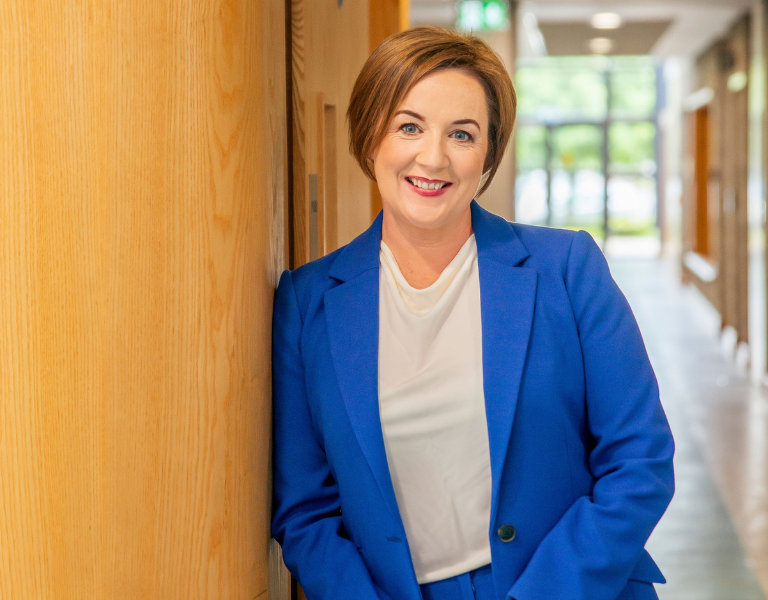Deciding how much to pay yourself from your business is crucial to managing your finances as an entrepreneur. As an owner or director of a company, you can choose how to pay yourself from a Limited Company, whether through a salary, director dividends, or a combination of both. However, striking the right balance between a modest personal income and maintaining the financial health of your business can be challenging.
This decision can become complex if you’re concurrently running a business and working a full-time job. Your full-time salary can support your personal needs while allowing more business profits to be reinvested for growth. However, a clear record of all income sources is vital for accurate tax calculations.
This comprehensive guide helps you determine how much to pay yourself by providing valuable insights and practical strategies to make informed decisions. We’ll explore the factors you should consider, such as industry standards, financial sustainability, personal needs, and legal requirements.
Contact our Client Services Team for advice on our services to help your business.
How to decide how much to pay yourself?
1. Evaluate the financial performance of your business
Examine your current cash flow situation and assess whether there is enough money after paying your bills to pay yourself. When doing this, it’s also a good idea to set aside some money as a cushion for a rainy day in case of sudden unexpected expenses. Cash flow management can ensure enough money to cover all your bills as they come due.
2. Research industry benchmarks
Benchmarks and standards of businesses like yours can give you a general idea of what is considered reasonable and competitive within your industry. This research can come from industry reports, surveys, professional associations, or networking with other professionals in your field.

3. Assess your financial obligations and living expenses
Consider how much money you need to pay your expenses, such as household rent or mortgage, bills, and everyday expenses. Setting up a company is a big commitment, and it’s understandable if taking money from the business is non-negotiable. It’s important that you value the time you invest in your business. Many business owners pay themselves modestly, especially in the early days. One way to ensure that you pay yourself in the most tax-efficient way is to ensure that you are availing of all the tax credits, reliefs, and schemes available to reduce your tax bill.
4. Consider the growth stage of your business
Think about the business’s goals – do you want to sell your business for a profit down the line, or are you running the company to create a source of income for yourself?
By understanding what you want from the business, you can focus and run your business in a way that helps you to meet your goals.
For example, if you are considering selling your business, consider how to create value in it to make it attractive to competitors or management. This may mean reinvesting any leftover cash to help it grow rather than taking a salary immediately.
5. What are the tax implications of paying yourself?
Understand the legal and tax implications of different compensation structures, such as salary, dividends, or a combination.
When you take an income from your company, you must pay tax. Your tax rate will depend on how much you pay yourself.
One of the benefits of setting up a Limited Company is that you can plan your salary so you can stay in a lower tax bracket and pay less tax. For this reason, many Sole Traders decide to change to a Limited Company once they start earning a high amount.
If you have any questions about the most tax-efficient way to pay yourself, talk to us today; we are happy to help.
Need help?
Part of owning your own business is deciding how to compensate and reward yourself for the time and work you put into running it. We can help you determine how much you should pay yourself and other options for extracting value from your business.
For help deciding what’s best for your situation, talk to a member of our Client Services team today.



